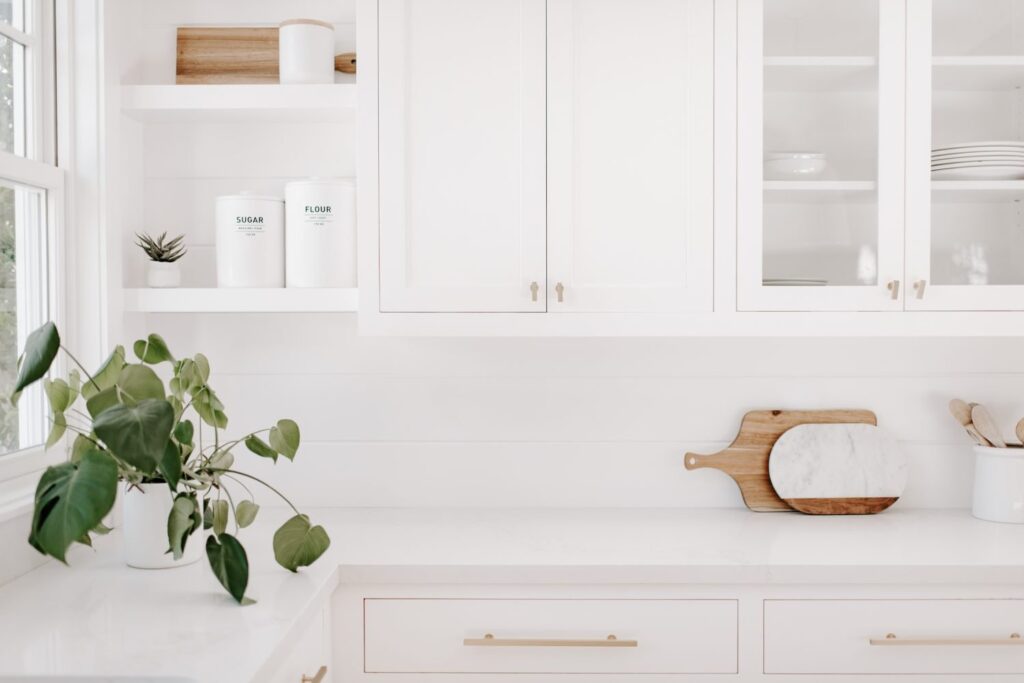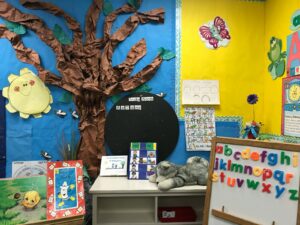The Importance of Getting Organized: How Decluttering Can Change Your Life

Picture this: you walk into a room where everything has a place, the air is fresh, and you can find anything you need without breaking a sweat. Now, imagine walking into a cluttered room with piles of papers, clothes strewn everywhere, and a sense of chaos hanging in the air. The difference between these two scenarios is huge and shows why being organized isn’t just a nice thing to have—it’s a must-have.
Organization: Not Just About Perfection
Listen up, folks! Being organized isn’t about making everything look picture-perfect; it’s about making your life easier, less stressful, and more enjoyable. When things are a mess, it can really mess with your head. You feel stressed, waste time looking for stuff, and could even hurt yourself. Clutter can make you anxious and stressed, making it hard to chill and focus. It’s especially bad in places where you need to relax, like your bedroom, or where you need to get stuff done, like your classroom and desk.
Now, when your space is organized, it’s like your mind is too. It’s easier to focus on what you need to do, whether it’s studying for a test, working on a project, or just hanging out. Plus, you save a ton of time. How many times have you spent forever looking for something in a messy room? If your space is organized, you can find what you need in a snap, giving you more time to do the things you want to do.
Advantages of Maintaining Organization:
Organizing your living and working spaces can lead to numerous benefits, such as:
- Time Management: Knowing where everything is makes your daily routine a breeze.
- Stress-Free Zone: A clean, organized space is like a chill pill, helping you relax and focus.
- Visual Treat: An organized space looks great, which can put a smile on your face.
- Productivity Power-Up: When everything has its own spot, you can focus on your work without distractions.
- Cleanliness Champion: Less clutter means less dust and dirt, so your space stays cleaner and healthier.
- Money Saver: Keeping track of what you have helps you avoid buying the same stuff twice.
- Confidence Boost: Having an organized space can make you feel proud and in control of your life.
Getting Started: An Organization Checklist
If you’re feeling overwhelmed by clutter and don’t know where to start, here’s a simple checklist to help you begin organizing different areas of your life, from your bedroom to your classroom.
1. Organized Classroom
- Clear Surfaces: Keep desks and tables clear of unnecessary items to create a clean, inviting space.
- Label Everything: Use labels for storage bins, drawers, and shelves to make it easy for students and yourself to find and return items.
- Create Zones: Designate specific areas for different activities, such as a reading corner, art supplies, and tech station.
- Purge Regularly: At the end of each term, go through materials and remove anything that is no longer needed.
2. Organized Bedroom
- Remove Wall Clutter: Take down all pictures, photos, and documents from the walls. Only keep 1 or 2 items for aesthetics.
- Sort Clothes: Wash all clothes from the floor, under the bed, and behind furniture. Sort them into categories (keep, donate, discard) and neatly stack the ones you keep.
- Change Bedding: Wash and change your bed sheets regularly to maintain freshness.
- Organize Drawers and Cabinets: Empty out drawers and cabinets, then reorganize using dividers for better organization.
- Declutter Surfaces: Get rid of unnecessary items on nightstands and dressers. Keep only what you use daily.
- Dispose of Trash: Remove all trash, including empty bottles, cans, and bags.
- Update Lighting: Change lamps or lights if needed, to improve the ambiance.
- Curtains and Blinds: Clean or wash window coverings to let in more light and keep dust at bay.
- Donate Unused Items: Create a donation box for items you no longer need, including clothes and shoes you haven’t worn in over a year.
- Hide Wires: Conceal the wires of all electronics to reduce visual clutter.
3. Organized Living Space
- Define Each Area: Clearly define areas for different activities (e.g., eating, reading, watching TV) to prevent items from migrating and cluttering up the space.
- Furniture Placement: Arrange furniture in a way that maximizes space and creates a natural flow.
- Minimize Decor: Limit decorations to a few meaningful pieces to avoid a cluttered look.
- Regular Cleaning: Make cleaning a regular habit to prevent dirt and clutter from accumulating.
4. Organized Teacher Desk

- End-of-Day Tidy Up: Spend a few minutes tidying up your desk to keep it clutter-free. This ensures you start the next day with a clean workspace.
- File System: Create a simple filing system for your documents. This helps you keep important papers organized and easily accessible, reducing the risk of losing track of them in piles.
- Prioritize Essentials: Keep only the items you use frequently on your desk. Store everything else in drawers or cabinets to keep your workspace neat and functional.
- Cable Management: Use cable ties, clips, or sleeves to bundle and hide cords and wires. This not only keeps your desk looking tidy but also prevents tangles and potential tripping hazards.
Conclusion
Being organized can significantly impact your quality of life. It reduces stress, saves time, improves safety, and enhances productivity. By starting with one area at a time, such as your bedroom or classroom, and following a clear checklist, you can create a more organized and peaceful environment. Remember, organization is not about perfection; it’s about making your space work for you. So, take that first step today and start enjoying the benefits of a well-organized life!






Leave a Reply